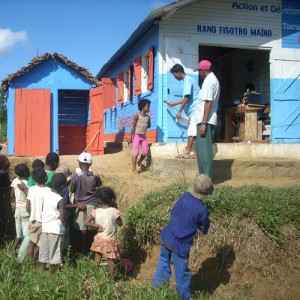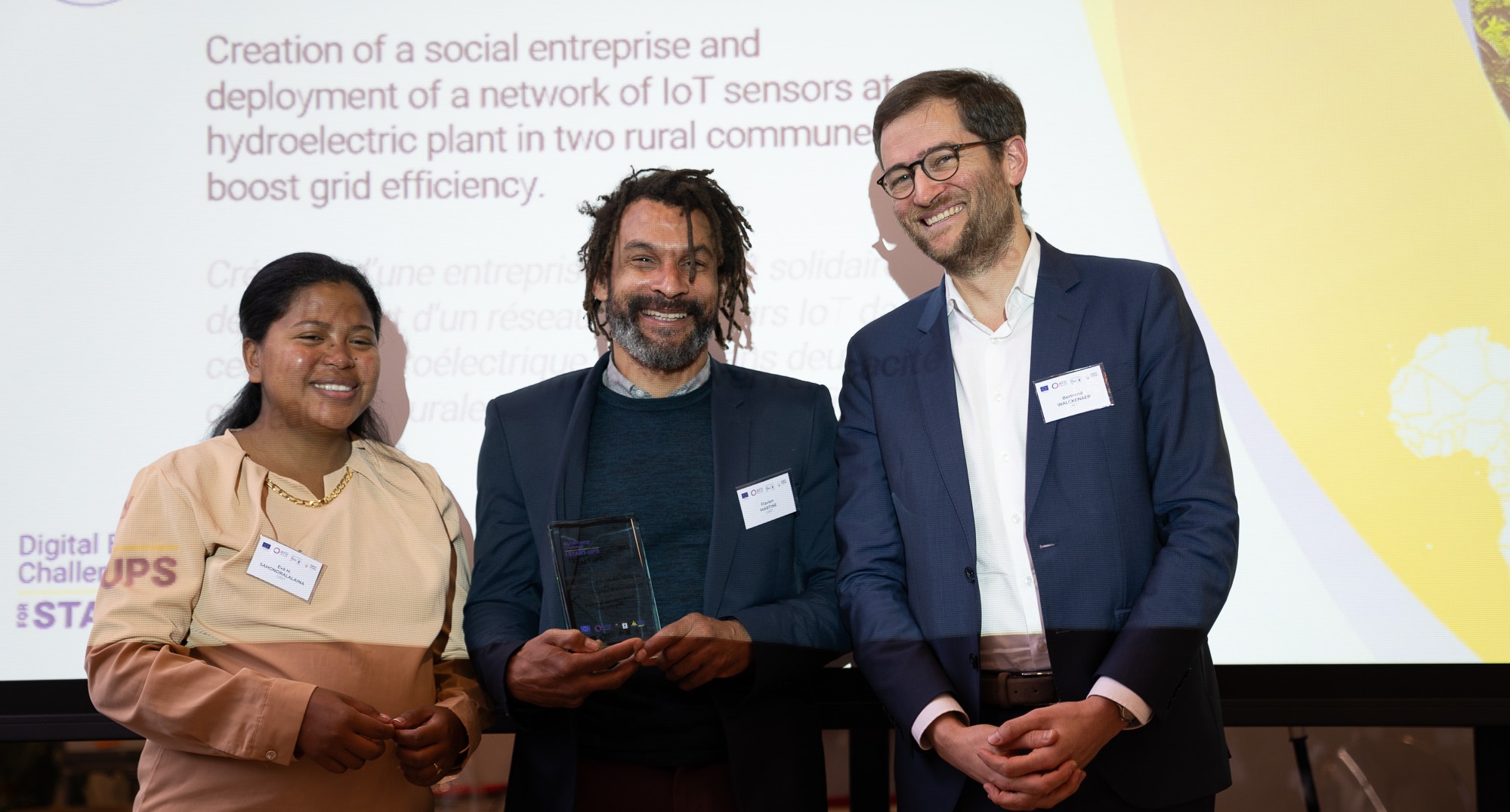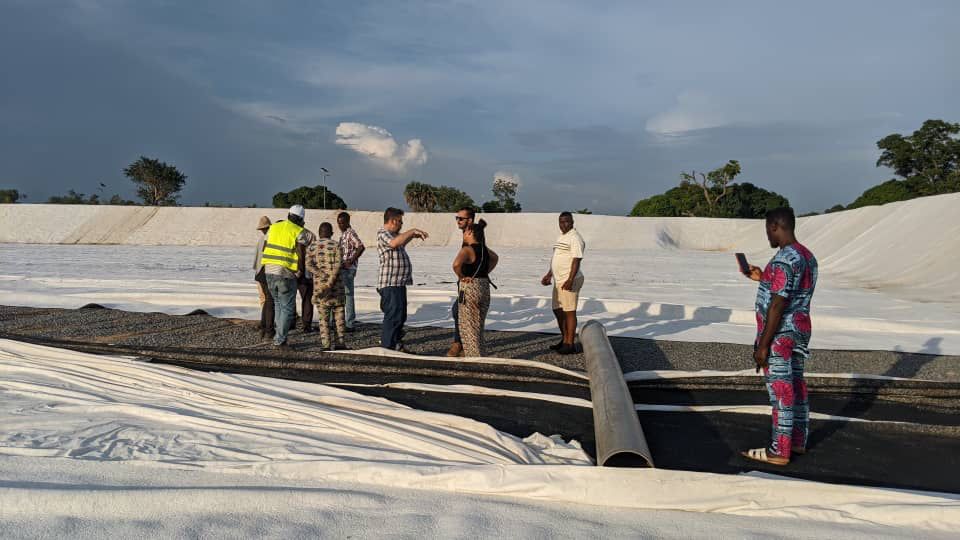19 November last was World Toilet Day, which has been marked on the same date every year since 2001. The 2018 edition, whose theme was “When nature calls…”, made it possible to highlight the importance of comprehensive integrated sanitation systems that work in harmony with ecosystems. This approach is defended by GRET, particularly in projects it is conducting in Madagascar, Laos and Mauritania.
Installing toilets is a complex process: even when populations have access to latrines, they do not necessarily have access to a comprehensive sanitation system that is securely managed. 90 % of waste water in developing countries is released into the environment without any treatment, generating contamination and waterborne diseases.
To deal with these issues, GRET is developing an integrated sanitation approach, working on the entire sanitation chain, from access through to treatment. Actions being implemented in Laos, Madagascar and Mauritania are particularly in line with the theme chosen for this year’s World Toilet Day.
Laos: technical support in collaboration with local authorities
In Laos, together with WTA and SIA Conseil, GRET is supporting the Vientiane municipal authorities to improve management of faecal sludge (emptied from septic tanks and latrines) in its territory. Previously released illegally and in an uncontrolled manner, sludge can now be managed in a treatment plant using planted filters producing humus. This technical solution ensures sanitation performance that is vital for the protection of public health, while promoting a system that contributes to protecting the environment. However, techniques alone are not sufficient to meet the challenges of access to comprehensive integrated sanitation. In Vientiane, the municipality benefitted from support to regulate the emptying sector.
A municipal decree was published, and provides a framework for private operators emptying toilet pits. From now on, the latter will benefit from an accreditation process giving them access to communication tools to strengthen their visibility and support their activity. They have an obligation to stop all random dumping of sludge collected, and to take the latter to the treatment plant. For households, the municipality requests that pits be emptied at least every two years to ensure proper maintenance of toilets while supporting the emptying market.
Madagascar: comprehensive sanitation chains and more recycling
In Madagascar, GRET implemented comprehensive sanitation chains in four neighbourhoods located in the Antananarivo urban commune and two neighbouring communes. Toilet shops called Diotontolo made it possible to improve access to hygienic toilets, while work with the communal authorities resulted in the implementation of hygienic manual emptying services and decentralised treatment plants using bio-digesters. Launched between 2015 and 2016, these faecal sludge management services have reduced the quantity of sludge dumped without treatment.
Continuing on from this action, the Alisota project, launched in October 2018 in partnership with Gevalor, focuses in particular on recycling sanitation treatment by-products such as biogas and organic matter. This recycling is not a financial miracle, but it does contribute to the economic balance of the treatment component.
Mauritania: launch of used water treatment
Rosso is a border town on the banks of the Senegal River in the south of Mauritania. During wintering, the town is affected by run-off from the surface water table and the issue of sanitation security has become a priority for the commune, which is home to almost 50,000 inhabitants. GRET is providing support via the implementation of a sand filter. This simple, inexpensive technology enables water treatment and reorganisation of the commune’s collection chain to provide better customer service. The town’s technical departments now have skills and tools allowing them to monitor the performance of the service.
Generally speaking, the subject of sanitation is still taboo and receives insufficient political attention, and the subject of faecal sludge management is even less visible. Happily, paradigms are shifting and the subject is emerging. In this regard, target 6.3 of the Sustainable Development Goals highlights the necessity for integrated sanitation.






